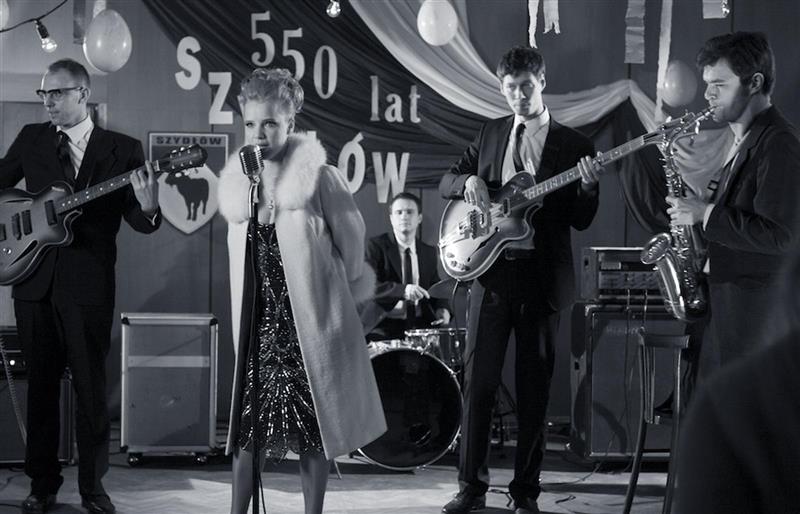| Title: | Ida |
| Director: | Pawel Pawlikowski |
| Cast: | Agata Kulesza, Agata Trzebuchowska, Joanna Kulig a.o. |
| Released: | 2013, on DVD 2014 |
| Playing time: | 80 minutes |
| Description: | With approximately 3 million Polish-Jewish victims, Poland was hit hardest by the Holocaust. Moreover, it was on Polish soil the extermination camps were located. In the Communist Poland of the post-war period, there was no attention for the extermination of Jews. Returning Jewish survivors could not count on a warm welcome. Tenacious antiSemitism even led to violence against Jews, for example the Kielce pogrom on July 4, 1946 in which a few dozen Holocaust survivors were either killed or wounded. A tragedy that has not been overcome until this day. The movie "Ida" by the Polish movie maker Pawel Pawlikowski is laid out against the background of the Holocaust in Poland and the Polish antiSemitism. It is 1962 and the young novice Ida is to take her vows in a few days in the abbey where she was raised as an orphan. She knows nothing about her family’s origins until she meets her aunt Wanda shortly before her consecration as a nun. Initially, the relationship between Ida and her only living relative is rather cool. The aunt, an emancipated single woman sharing her bed with men and an alcohol addict is an antipole of the devout nun. As a ruthless judge, nicknamed Red Wanda she has sentenced many so-called enemies of the state to death during the Stalin trials. Nonetheless, the fanatic Communist and the virtuous novice find each other in their shared past. Ida learns from her aunt she is of Jewish descent and that her parents were murdered during the Nazi era. Together, the two women travel to a small Polish rural village in order to find out what exactly has happened to them. Returning to the village of their roots tears open ancient wounds. In addition they meet a young musician representing an entirely different side of Poland in the 60s from the Communist and Catholic world of the two principal players. Despite the Iron Curtain separating him and his friends from the free world, both externally and in musical style he is focused on the West. Between the three of them, they present a more widely varied view on Communist Poland than the bleak and soulless image this era is usually associated with. As to Pawel Pawlikowski, the period the film is laid out in is the time of his youth. "It is the Poland I find exiting," he states in an interview that has been added to the DVD. "With the aftermath and the trauma of the war, Stalinism slowly disappearing, making room for exiting things in music, in attitude and art in general." He describes the Poland in the 60s as "the funniest barrack in the Communist camp" where terror and censorship have not disappeared however but are less strong than elsewhere in the Eastern block. People grabbed "that little freedom with both hands." In his opinion, influences on pop and rock from England and the United States have spread via Poland to other countries. In "Ida", this spirit of the era is displayed convincingly. It is a very quiet, intimate movie without extravagant dramatic effects. Pawel Pawlikowski strove for as little distraction from the essentials as possible. Therefore he also opted to shoot the movie in black and white and from a static camera position. Not a word too much is being said and the viewer is being challenged to think for himself. The many periods of silence that occur and the sober images are not unusual for moviehouse movies but the average viewer will probably feel less attracted to it. The director himself acknowledges, his non-conformistic movie will not be appreciated by everyone. Nonetheless, "Ida" was awarded an Oscar in February 2015 for Best Foreign Movie. It was a big surprise, even for Pawlikowski. "We made a movie about tranquility, retiring oneself from the world and the need for reflection", the movie maker stated during the presentation of the Oscars, "and here we are, in the epicenter of noise and attention. Fantastic – life is full of surprises". And the movie is surely surprising. Do not expect an emotional Holocaust tragedy, but far more a self-willed road movie in which a story is told in all tranquility about two vastly different women searching for their mutual identity and place in the world. Some viewers will describe the movie as slow and tedious; in contrast, David Denby, reviewer of The New Yorker called "Ida" a masterpiece. If you like this kind of artistic movies, you should surely go and see "Ida". Does all this sound too pretentious to you and is this form of artistry not your cup of tea, then this movie will not dethrone "Schindler’s List" either, also shot in black and white. |
| Rating: |    Good Good |
Information
- Translated by:
- Arnold Palthe
- Article by:
- Kevin Prenger
- Published on:
- 18-01-2018
- Last edit on:
- 09-06-2018
Images
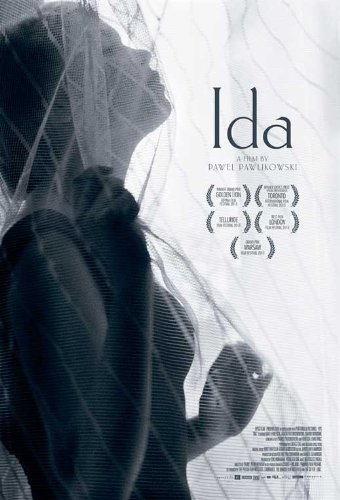
Images
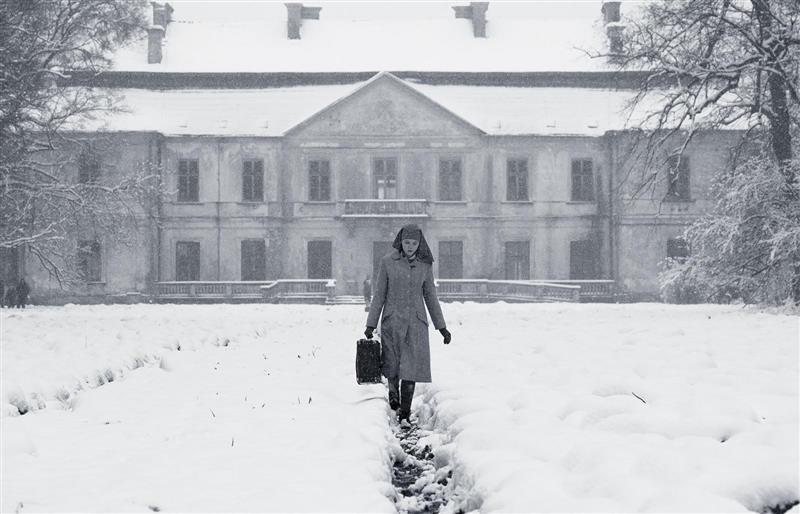
Images
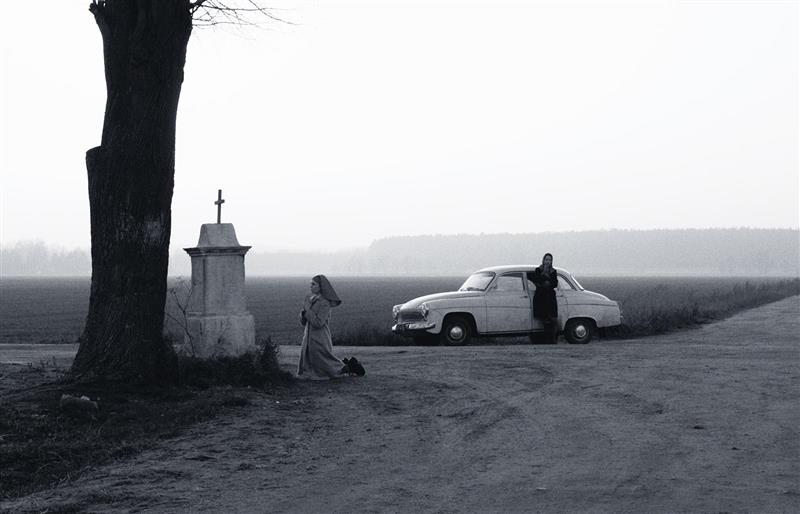
Images
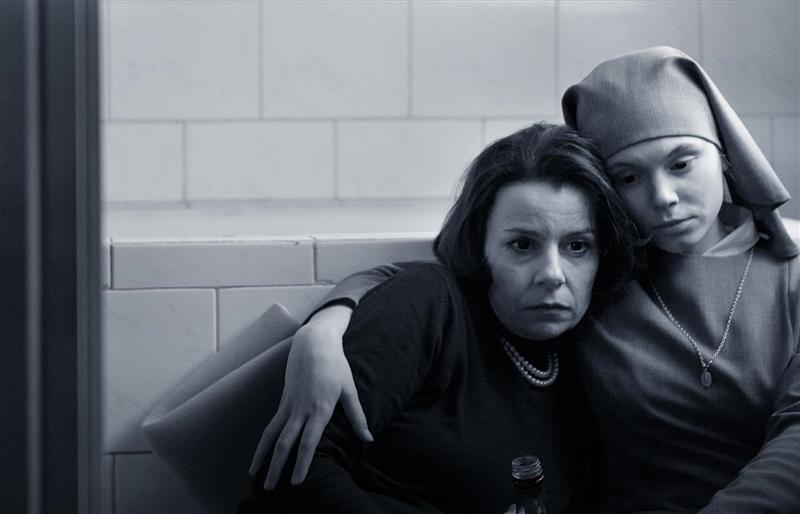
Images
